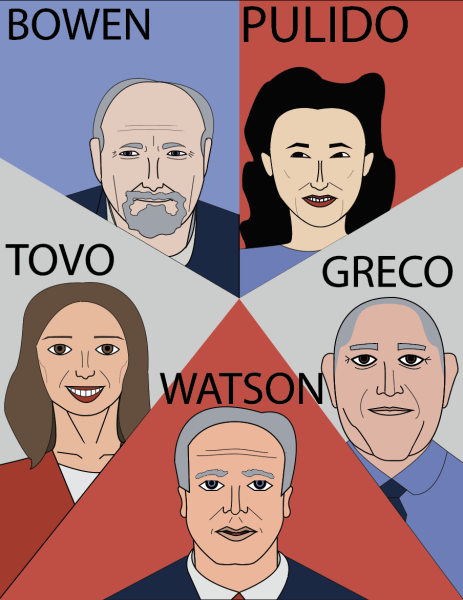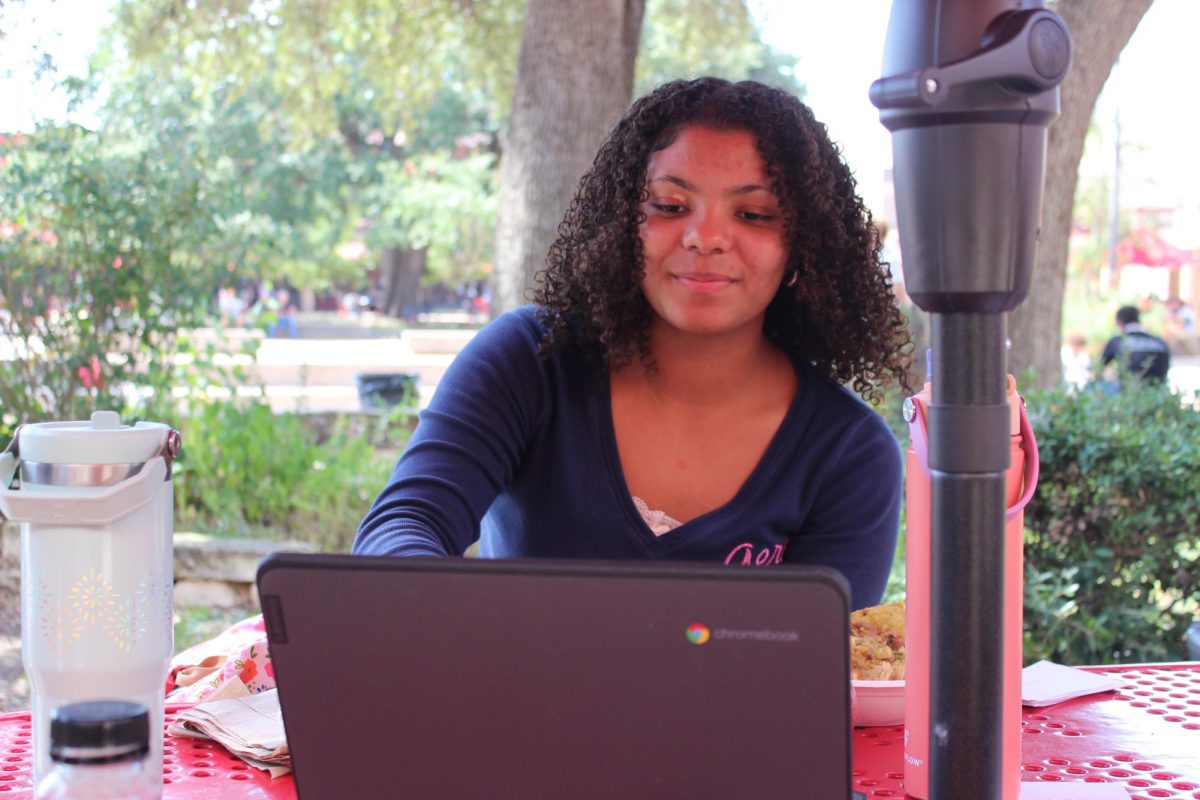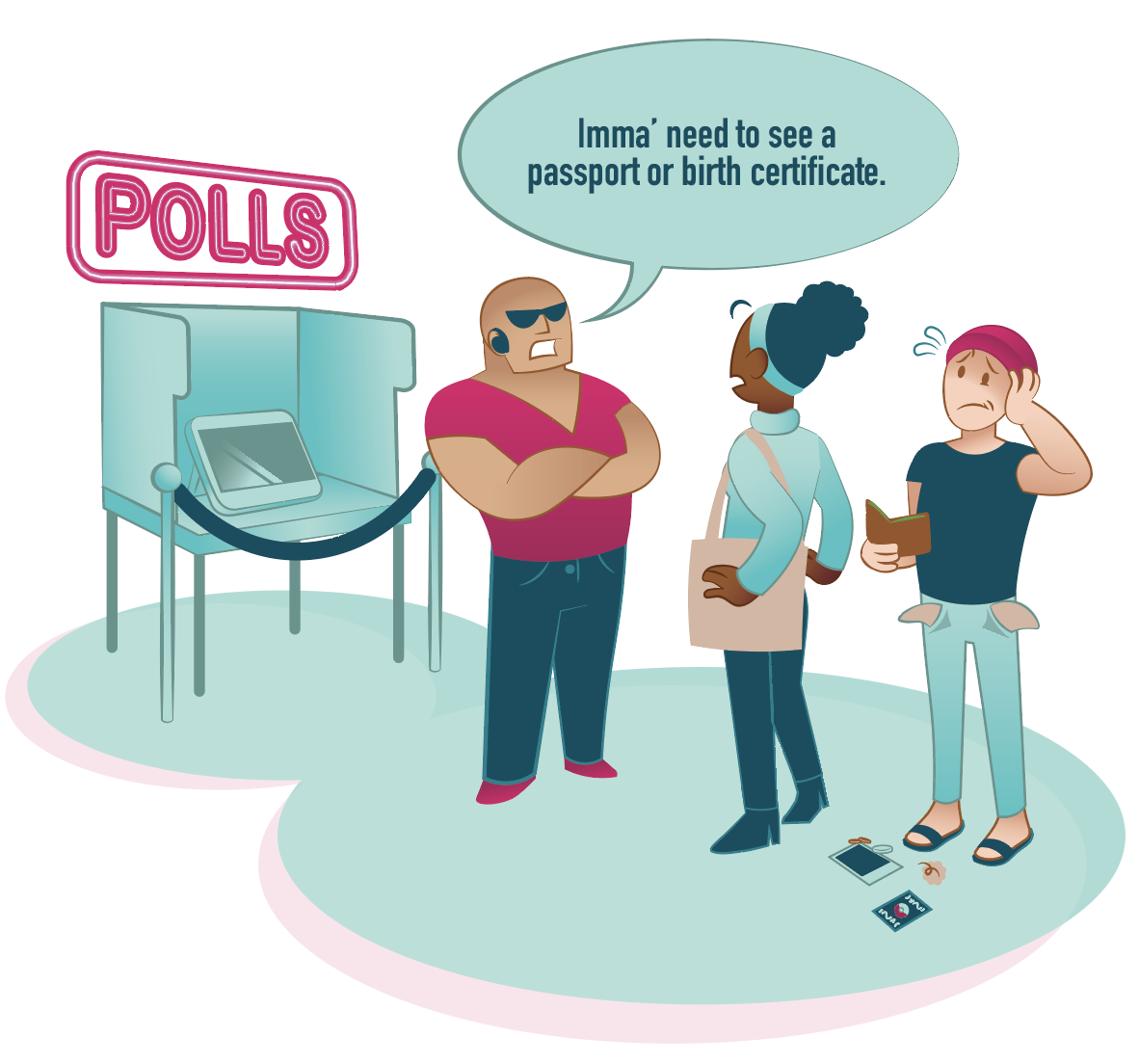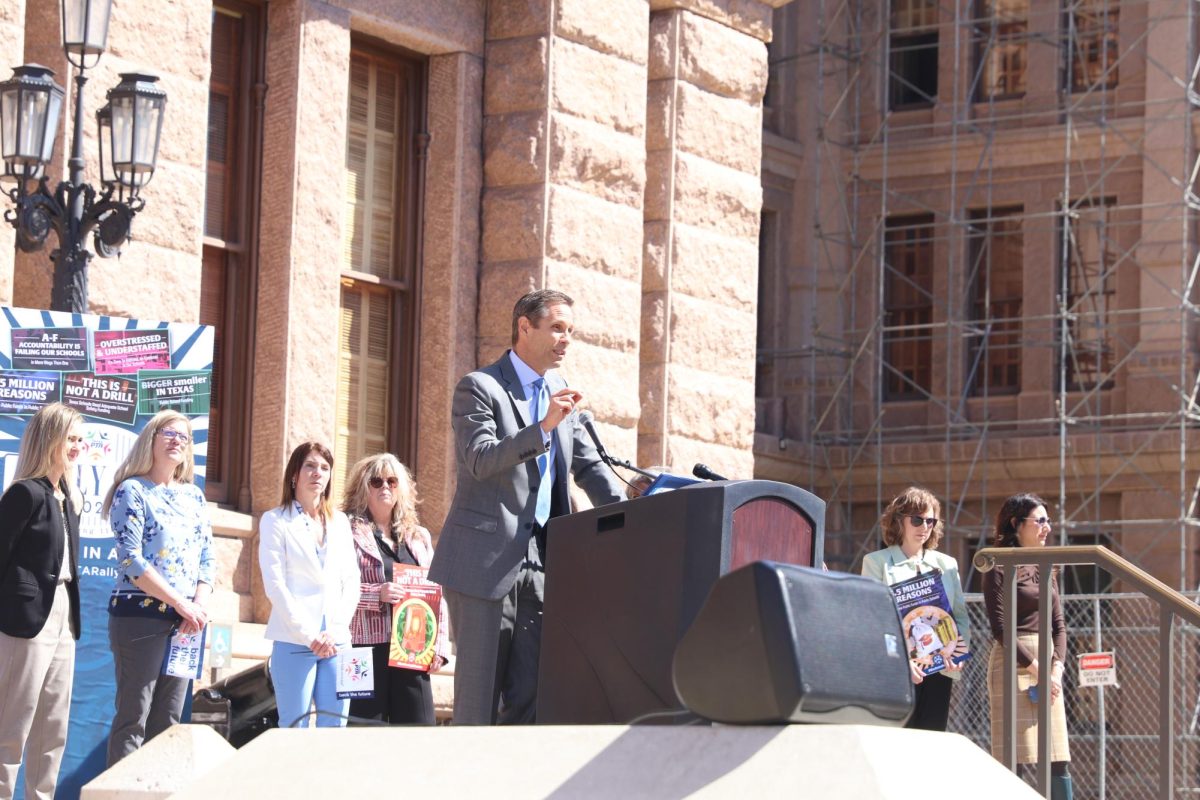The candidate takes a step toward the podium, the bright lights flare in their eyes as they fiercely look at the four competitors surrounding them. They swallow down the nerves as they face the moderators, prepared to take on their storm of questions.
Austin voters will venture to the election polls on November 5, this year. There, they will also be faced with the decision for the new mayor of Austin. Early voting was began October 21 and lasted until November 1.
“Early voting is great,” world history teacher Charles Stampley said. “It makes more people vote because a lot of people can’t get off on a Tuesday just to go vote.”
The responsibilities of the mayor include ceremonial head of government, city council member, city leadership, emergency management, budget oversight, and being a social figurehead.
“A big responsibility is the city budget,” Stampley said. “The mayor is also in charge of the police, the fire department and the EMT. They oversee everything from road construction, starting business and attracting people to the city.”
There are five candidates for this election cycle. These candidates are Carmen Llanes Pulido, Jeffery L. Bowen, Doug Greco, Kirk Watson, and Kathie Tovo. When selected the new mayor will serve a four-year term.
“I only know about some of the candidates in the election,” junior Ella Scott said. “It seems like a really big deal though.”
Watson is the incumbent, meaning he is the current mayor. He has been serving as mayor since 2023. He was also elected to the role in 1997 and served four years. In between his two terms he has was a part of the Texas Senate for thirteen years.

“I think he’s doing a fine job as mayor for right now,” junior Nick Forrest said. “There are definitely some improvements he can make to win this upcoming election.”
Llanes Pulido was born and raised in Austin. She is currently the executive director of Go Austin/Vamos Austin which is a non-profit that strives to strengthen neighborhood stability. Llanes Pulido is a former city commissioner who dealt with planning, quality of life, and redistricting.
“It seems like Llanes Pulido has a lot of experience in city planning,” Scott said. “I think that it’s really cool that she worked in a non-profit.”
Greco is a former teacher and previously worked for seventeen years with the Industrial Areas Foundation. He also worked for twelve years as the lead organizer for Central Texas Interfaith which is a coalition of labor unions, non-profits, and schools across Texas.
“It’s really interesting that he used to be a teacher,” Forrest said. “He seems to have a good background in advocating for people and getting their opinions into the public eye.”
Tovo is a former city council member. She served from 2011 to 2023. In 2015 Tovo was chosen by her colleagues to serve as the Mayor Pro Tem and remained so until 2019. A Mayor Pro Tem is elected by council members. They preside over meetings and act on the mayor’s behalf when the mayor is unavailable.
“I think that Kathie Tovo seems like a good candidate,” Scott said. “It looks that she has a lot of experience with politics and is familiar with the political landscape of Austin.”
Bowen served in the Air Force for more than twenty years and currently owns a construction company in Austin. He has never run for a political position before.
“Bowen seems nice,” Scott said. “But, he doesn’t have as much of a solid political background as some of the other candidates.”
On October 17, the five candidates faced each other on the debate stage. According to the debate video from KXAN “each candidate [was given] 60 seconds to answer those initial questions, 30 seconds will be offered for rebuttal, and if a response needs a clarification, we will extend 15 seconds for that.”
The number one question on viewers’ minds was the concern over housing availability. The candidates all gave a wide variety of answers.
According to KXAN, one viewer wrote “Austin is unaffordable to many longtime residents who own their homes, ” the viewer said. “We struggle to pay basic bills.”
In the debate Llanes Pulido highlighted that all of the additional developments done in the past few years were made under the existing housing code, not the recent changes.
“I noticed in the debate that she didn’t quite answer the question given,” Scott said. “She kind of made it sound like she didn’t have a plan for increasing affordability yet.”
Tovo suggested looking at the bills that are impacting the family budget. Examples of these bills are utilities, transportation, and childcare. She wants to try to push back on the costs in an effort to reduce the strain on homeowners.
“I love her approach,” Forrest said. “It’s very unique and it’s smart how she thought about how bills are impacting the ability for families to afford their homes.”
Watson, the current mayor, discussed the changes that he has made while in office. Watson said that he prioritized affordability for the city.
“When I came into office the city of Austin was stagnant in terms of being able to make the kinds of changes that we needed to make in order to get more affordable housing stock,” Watson said during the KXAN debate. “We have instituted changes that people didn’t think we were ever going to see.”
Bowen was asked about a recent lawsuit and why Austinites should trust him to make the city more affordable. The lawsuit was against CodeNEXT. CodeNEXT was the city’s attempt to rewrite zoning laws. The court ruled that the City of Austin had ignored state law so the program was scrapped.
“The lawsuit for me was about protecting my rights,” Bowen said. “As for trust, I’m out there fighting for your rights. You need to understand what those rights are and that they are not to be taken lightly by someone else who is trying to silence you.”
The mayor is in charge of a lot of things that happen in the day-to-day lives of Austin residents. Voting for mayor has the potential to impact Austinites on a large scale.
“Voting for mayor is important because the mayor has a large effect on your lives specifically,” Stampley said. “While voting for people like the president and senator is also important but they don’t affect you day to day the same that the mayor of your city does.”











